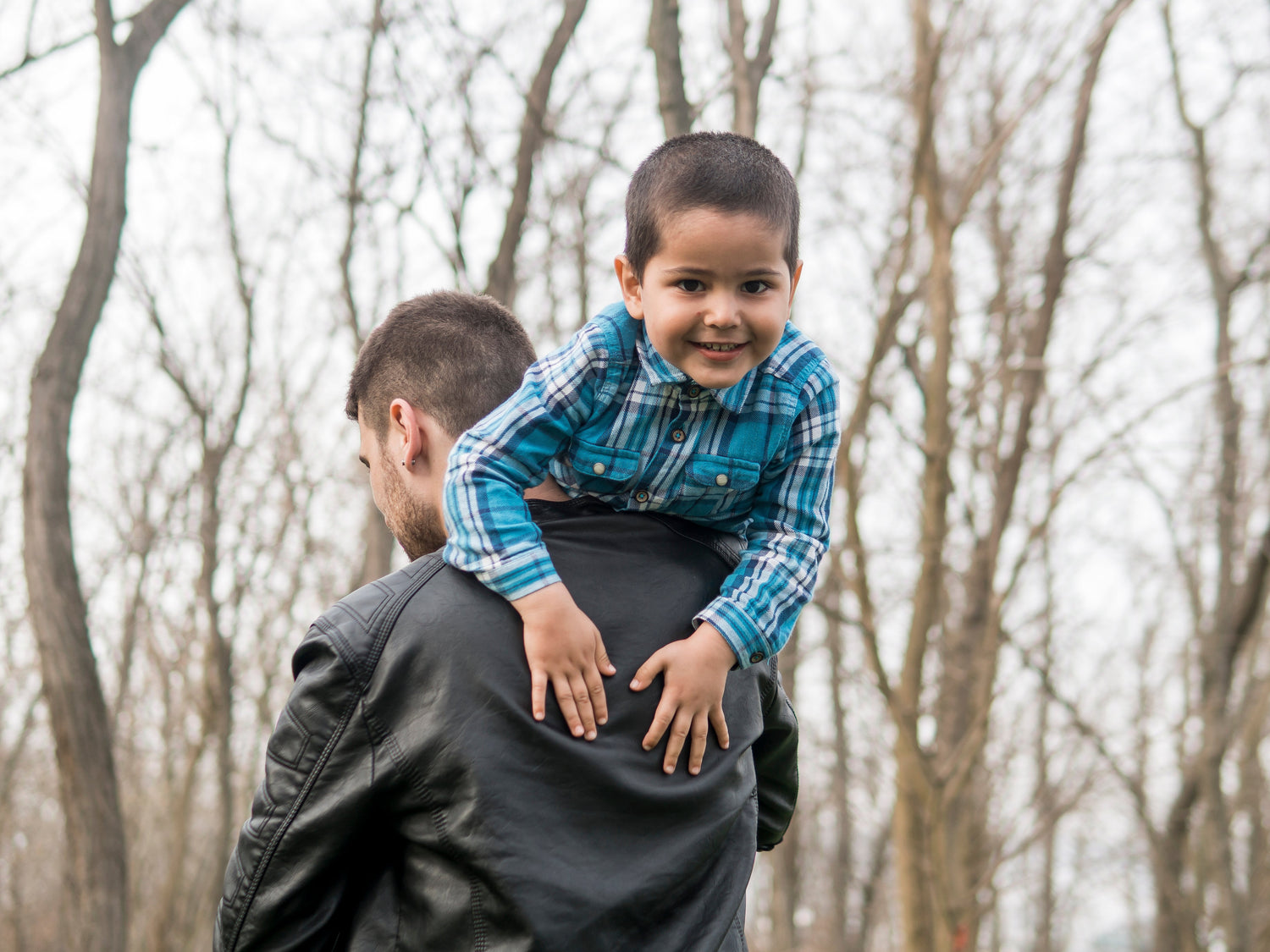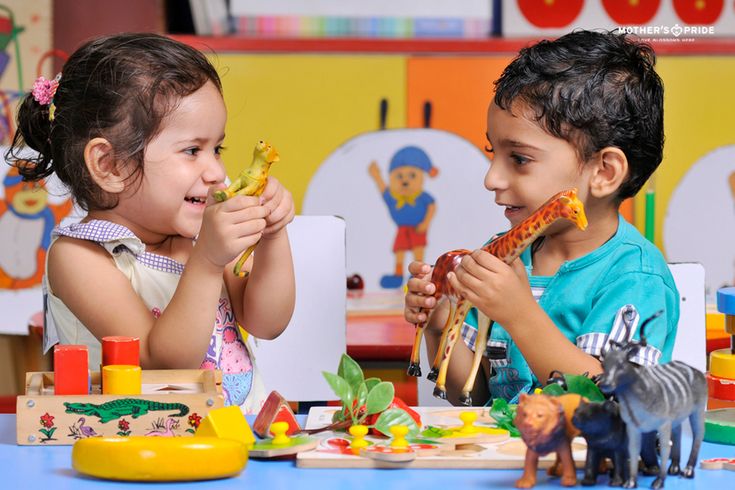Public speaking is one of the most valuable skills a child can develop, yet it’s often a source of anxiety for both parents and children. From school presentations to family gatherings, being able to express oneself confidently is an essential life skill. But how can you, as a parent, help your child start this journey without overwhelming them?
Let’s explore some simple, practical steps you can take to nurture your child’s public speaking skills, all while making it fun and stress-free
1. Start Small: Make Everyday Conversations Count
Public speaking doesn’t need to begin on a stage; it can start right at home with small conversations. For example:
• At dinner: Ask your child to explain what they learnt in school.
• At a family gathering: Encourage them to talk about their favourite hobby or recent activity.
• At the grocery store: Let them ask the shopkeeper for items you need.
Why it works: Speaking in familiar, low-pressure environments helps children develop confidence without the fear of being judged. They practice expressing themselves, which is the foundation of public speaking. This small step helps them practice communicating with someone outside their comfort zone.
2. Create a Safe Space for Them to Speak
Children often fear public speaking because they worry about making mistakes. Create an environment where your child feels safe to express themselves without fear of judgement or criticism.
What you can do: Have a “speech time” at home once a week. It could be just 5-10 minutes where your child talks about anything they want, like their favourite cartoon, a recent activity, or a new story they made up.
Why it works: When children know they won’t be judged or scolded for mistakes, they feel more at ease expressing themselves. A supportive environment boosts their confidence and encourages them to try again, even if they stumble. Over time, they will become more comfortable speaking up.
3. Use Role-Playing for Fun Practice
Role-playing can turn public speaking practice into a fun game. Let your child pretend to be someone else while practicing speaking.
What you can do: Play pretend games where your child is a news reporter, teacher, or even a chef. Ask them to explain a topic or give instructions.
Why it works: Role-playing allows children to step outside of themselves and experiment with speaking from different perspectives. It makes speaking less personal and more playful, which reduces anxiety. This playful approach makes practice less intimidating and more enjoyable.
4. Use Technology: Record and Review
Children love being in front of a camera, so use this to their advantage! Let them record themselves speaking, and then watch the video together.
What you can do: Ask your child to make a pretend YouTube video explaining how to make a sandwich. They’ll love the idea of “being on TV,” and it gives them a chance to practice speaking without the pressure of a live audience. Then, review it together and discuss what they did well and where they can improve (e.g., speaking louder, making eye contact).
Why it works: Recording themselves lets children see how they appear when speaking. It helps them become aware of their voice, body language, and facial expressions. Plus, it gives them the chance to practice without an immediate audience.
5. Encourage Storytelling to Build Confidence
Public speaking isn’t just about presenting facts—it’s also about telling stories. Storytelling helps children organise their thoughts and share them in a more engaging way.
What you can do: Ask your child to tell you stories, whether they’re real-life events or made-up adventures. Ask open-ended questions like, “What would you do if you were a superhero?” or “Tell me about the best part of your day.”
Why it works: Storytelling encourages creativity while also helping children practice structuring their thoughts. It helps them express themselves naturally and makes them more comfortable speaking in front of others.
6. Help Them Prepare for Bigger Speeches
When your child feels more comfortable, start preparing them for more formal situations, like school presentations or competitions.
What you can do: Have them practice in front of a mirror or in front of family members. Start with simple topics like “My Favourite Toy” or “What I Want to Be When I Grow Up.” Provide gentle feedback and praise their effort.
Why it works: Practicing for specific situations helps children feel more prepared and less anxious. When they’re familiar with the content and format, they can focus more on their delivery and less on their nerves.
7. Teach Them About Body Language
Body language plays a big role in effective public speaking. Teach your child how to stand confidently, use hand gestures, and make eye contact.
What you can do: Play a game where your child has to give directions using both words and gestures. For example, “Tell me how to get to the park from home.” Encourage them to point or wave while explaining, making it fun and interactive.
Why it works: Good body language helps children feel more confident and also makes their speech more engaging. Teaching them to stand tall and use gestures makes them look and feel more confident
8. Celebrate Their Small Wins.
Every time your child takes a step toward becoming a better speaker, celebrate it! Whether they speak up in class, participate in a school event, or just share their thoughts at home, let them know how proud you are.
What you can do: After your child completes a speech or answers a question in front of others, give them a high-five, a small reward, or words of praise. Make a big deal out of their courage. It’s a great way to reinforce their achievement.
Why it works: Positive reinforcement motivates children to keep trying. Celebrating small wins helps build their confidence and encourages them to keep practicing.
9. Help Them Overcome Nervousness
Feeling nervous is completely normal, even for experienced speakers. Teach your child simple ways to manage anxiety before and during speaking.
What you can do: Teach your child techniques like deep breathing, smiling, or imagining the audience as friendly. Remind them that everyone feels nervous, and it’s okay to make mistakes. For example, before a school presentation, remind your child to take three deep breaths and smile at the audience. Tell them that everyone, even famous speakers, gets nervous sometimes!
Why it works: When children learn that nervousness is normal and manageable, they are less likely to panic. These small relaxation techniques help them stay calm and focused during their speech.
10. Set an Example for Them
Children learn by observing their parents. If you speak confidently in front of others, they’re likely to follow your example.
What you can do: Whenever you have an opportunity to speak in front of others—whether at a family function or in the community—let your child see you do it. Talk about how you felt before and after to show that even adults get nervous but still manage to speak.
Why it works: When children see their parents handling public speaking with confidence, they are inspired to do the same. It helps normalise the experience and shows them that practice makes perfect.
Setting Your Child Up for Success
Helping your child with public speaking doesn’t have to be stressful. By starting small, providing encouragement, and practicing regularly, you can help your child build confidence in their speaking abilities. Each step, no matter how small, brings them closer to becoming a confident, capable speaker who isn’t afraid to express themselves.
Have you tried any of these tips at home? Let us know in the comments how you’re helping your child conquer their fear of public speaking!









